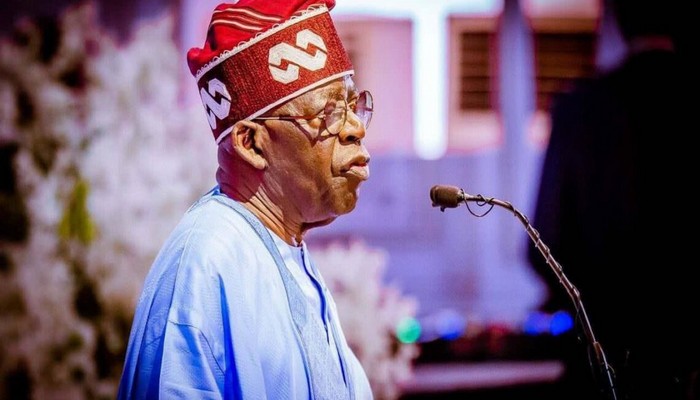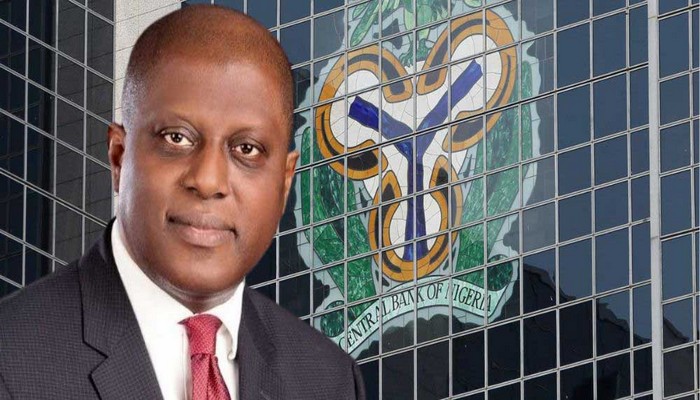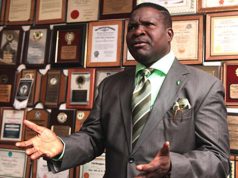The Senate on Tuesday passed for second reading a bill which seeks to amend the Central Bank of Nigeria Act of 2007.
The bill which is being sponsored by Senator Sadiq Suleiman Umar(Kwara North) is to “enable the appointment of a person other than the Governor(of CBN) as the chairman of the Board.
Leading the debate, Senator Umar said the bill also seeks to “divest the board of the powers of determining and fixing salaries and allowances of it’s members and considering and approving the annual budget of the Bank which lie solely with the National Assembly.”
The proposed legislation, according to the Senator, would “close the legal and administrative gaps that currently exist in the CBN and entrench good practices to allow proper oversight of the affairs of the bank for a more comprehensive legislation that will bring it in conformity with related laws and practices in Nigeria.”
Umar said the bill when passed would address the need for an enduring legal framework that would reposition CBN to be at par with other apex banks around the world.
Lending their support to the bill, Senators Yahaya Abdullahi (PDP-Kebbi), Betty Afiapi and Orjj Kalu said the bill was necessary considering the alleged involvement of CBN Governor in the partisan politics during the recently concluded primary elections of political parties.
Some senators including the Deputy Senate President Ovie Omo-Agege, Senators Enyinnaya Abaribe and James Manager were opposed to the bill and demanded the sponsor to provide enough justifications to the amendment being sought.
The Senate President, Ahmad Lawan urged his colleagues to treat the bill on its merit rather than the perceived involvement of the CBN governor in partisan politics.
“I will urge us to divorce the alleged contest of the CBN Governor from this bill. Let us look at the bill on its merits”, Lawan said.
After a voice vote in favour of the bill, the Senate President referred it to the Senate Committee on banking, insurance and other non-financial institutions for further legislative scrutiny.











































